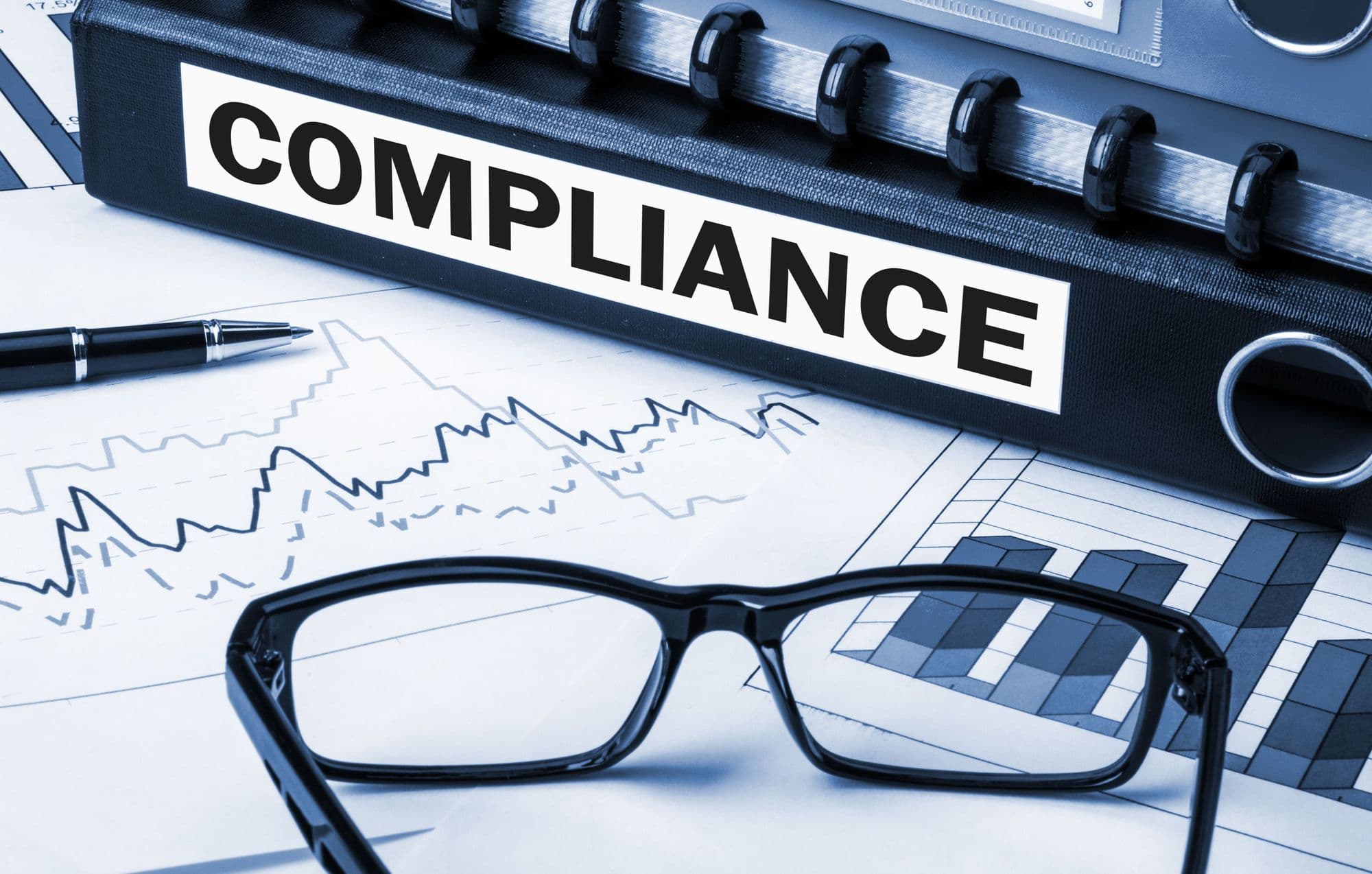Why Make AML Compliance a Priority for FinTech

Why Make AML Compliance a Priority for FinTech
FinTech is an industry with some unique vulnerabilities when it comes to financial crime. Let’s explore how these peculiarities affect the way businesses should approach building their AML compliance policies.
FinTech businesses offer innovative tools in the sphere of finance, such as online banking, trading and investment platforms and AI-powered wealth management. Choosing to combine finance and technology — two fields challenging enough well on their own — puts operations and fundraising at the top of the list of priorities for most business owners. However, it’s crucial not to lose sight of AML-related risks, too. Especially when a single regulatory violation or a cyber fraud can undermine the whole operation.
What Makes FinTech Particularly Vulnerable
As FinTech landscape continues to expand, legal issues and anti-money laundering (AML) concerns are also evolving.
FinTech is particularly attractive to money launderers because of high volumes of monetary transactions combined with widespread anonymity of the clientele. An increase in digital money circulation prevalent in FinTech in the recent years is another draw for the criminals.
All of those factors make FinTech businesses perfect targets for money laundering, putting them at high risk of legal exposure and even being subjected to a criminal investigation.
FinTech-specific AML Risks
Since FinTech services are different from traditional financial services, they are bound to face different kinds of risk. Let’s take a look at some typical examples:
Cyber Crime FinTech businesses by the nature of their service can become targets for online data breaches, identity theft and general hacking.
Theft of funds FinTech can become vulnerable to money theft and money laundering. It’s now become unfortunately commonplace for perpetrators to target new FinTech startups to launder money obtained from carding .
International Regulations FinTech businesses who want to operate internationally must comply with regulations across many different jurisdictions. It can be extremely challenging to try and keep up with all applicable requirements.
###Pillars of AML Compliance in FinTech What aspects should a responsible FinTech business owner consider first, when thinking of establishing a comprehensive anti-money laundering policy?
Risk Assessment and Management AML risk assessment can identify the easiest places where money laundering can be carried out. As a result of the AML risk assessment, it is important to define and document a risk framework compatible with all applicable regulatory and operational risks. As new products and services are developed and new relationships with outside parties are formed, all new risk factors should be assessed and incorporated.
Transactions Monitoring FinTech performs countless monetary transactions daily and these transactions should be scanned for signs of money laundering, fraud, identity theft and even terrorism financing. A well thought out AML system for a FinTech business absolutely must include a transactions monitoring solution.
KYC and Customer Due Diligence Know Your Customer procedures are control procedures that financial services apply to exist and new customers to identify and prevent risks. KYC plays a crucial role in eliminating the risks associated with money laundering, terrorist financing, fraud and other illegal financial activities.
At Fintech, information is collected on all new customers upon joining and then the accuracy of this information is checked. The information normally includes full name, contact information, place of birth, and date of birth, nationality, etc. PEP, Sanctions and adverse media screening are then performed to determine customer risk levels. As customer risk may change overtime, re-screening is carried out periodically.
How can FinTech businesses benefit from DataSpike?
DataSpike is an innovative AML screening solution that goes in step with FinTech and speaks the language.
Its AI-powered search engine with over 1M entries already onboard learns from the searches and continuously enhances and deduplicates itself. That means you’re safe against both false positives and dangerous misses.
A quick and simple API integration will make this powerful system a natural extension of your existing KYC system with both retroactive and ongoing coverage. No need for updates: not now, not ever.
FinTech businesses tend to be highly scalable operations, which means they can not afford to be bound by an annual or multi-year contract with fixed terms. DataSpike understands this need for flexibility and offers a range of tarifs clients can switch between at any point.
If you want to learn more about what DataSpike can do for AML compliance of your business, we’ll be happy to give you a demo. Or you can explore the DataSpike's scanner with no strings attached!
